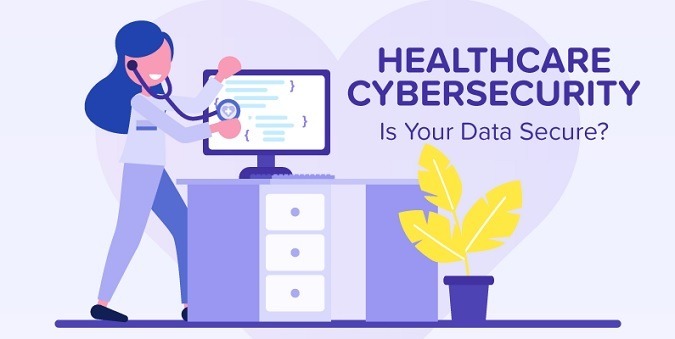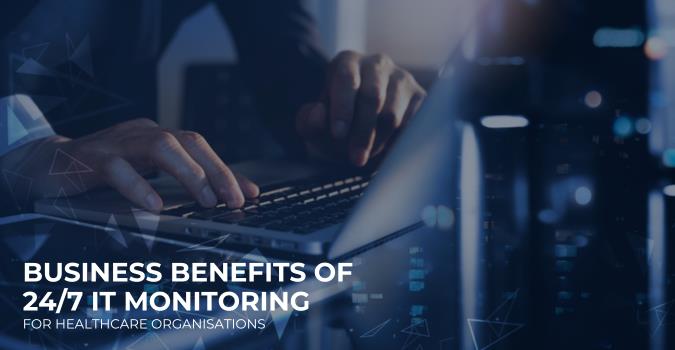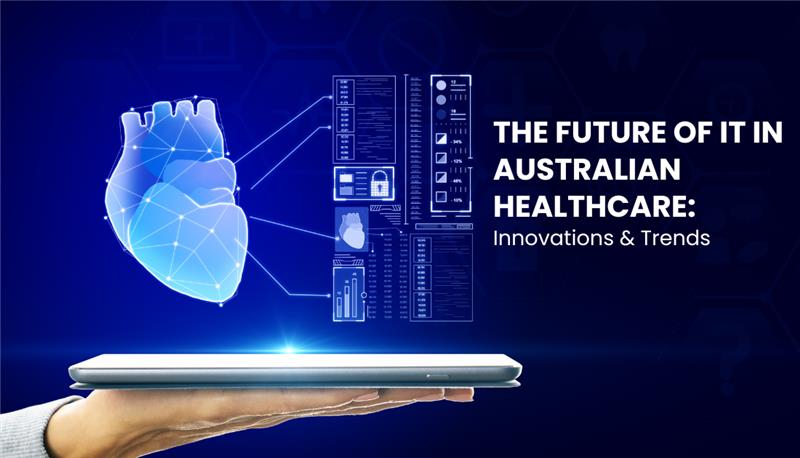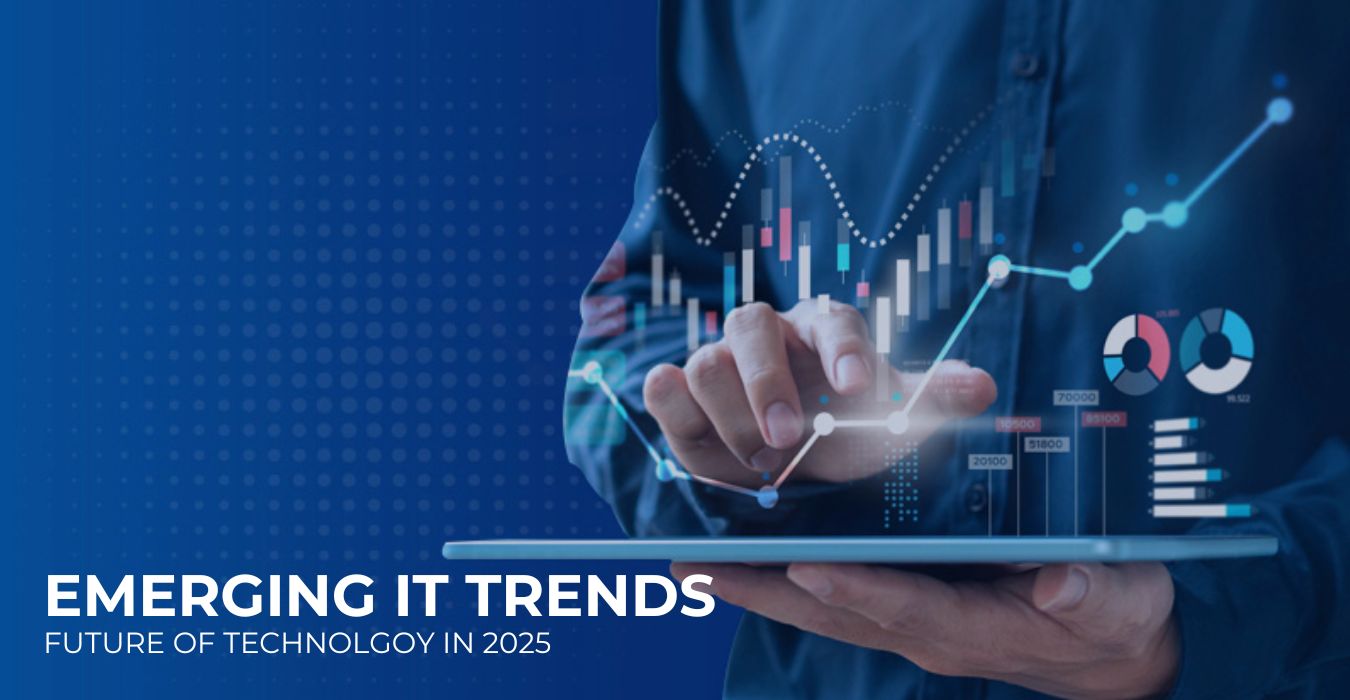Healthcare organisations rely on robust IT systems to manage patient records, facilitate telemedicine and support…

Why Do Healthcare Businesses Need Powerful Cyber Security Solution
Leaks and cyber breaches are growing more common in the medical care industry, and the fact appears to be that people’s lives are already at risk due to cyberattacks. With the industry-leading integrated people-centric healthcare cyber security solution, you can protect The present expansion of digital technology and its connection within the health business has resulted in greater efficiency in public care management and improved patient results. Therefore, it is more vulnerable to cybersecurity attacks that can threaten patient healthcare efficiency, patient safety, and confidentiality. Healthcare experts in Australia need further substantial improvements to resolve these emerging issues effectively.
As health care centers handle sensitive and vital data, they are among the most often targeted by cybercriminals. They have access to critical details, including confidential health details about patients.
A healthcare center may encounter numerous privacy and administrative concerns, including hacking, malware, viruses, unauthorized access, endpoint breaches, distributed denial of service (DDOS) attacks, spamming, and more. Hence patient safety has been threatened.
Unfortunately, cyber security services providers, who face a significantly greater threat in this latest threat landscape, are further intensified by a nationwide shortage of qualified security experts. It means it is far more critical than before as hospitals and doctors select an additional, trustworthy adviser with whom they can collaborate to accomplish their objectives of consistently enhancing patients private information and personal security.
Why Does Healthcare Need A Strong Cyber Security Solution?
Some of the key reasons why healthcare facilities in Australia require Cyber Security Solutions are listed below:
- Patient Personal Data is of Extreme Value to Hackers
Healthcare institutions accumulate an enormous volume of patient information. Private data is valuable to attackers, who would trade it, putting the health sector at a constantly increasing threat.
These medical care centers have a responsibility to safeguard their patients’ private information. Since the GDPR took effect in 2018, it became critical to have cybersecurity in the healthcare industry and institutions to protect patients’ data.
- Medical Gadgets act as a Convenient Source of Access for Hackers
Medical equipment is intended for a single goal, such as tracking a patient’s heartbeat or delivering medications. Cybersecurity is not a design goal. However, these gadgets might be used to initiate a cyberattack on a database that contains sensitive medical data.
While many safety measures are implemented on various network systems such as laptops and desktops, hackers consider these an easier prey, missing the security provided on such devices. Medical devices that are subject to threats have the potential to lead to security issues for hospital systems in which hackers can acquire the connection to other wireless networks or get the chance to install expensive malware.
- Medical Workers are not skilled in Cyber-threats
In the field of healthcare, doctors have a lot to learn, but keeping updated with internet risks is not part of their workday. While medical budgets, financial resources, and time restraints make it impossible for all hospital employees to be proficient in cyber threat best practices.
Advanced cybersecurity services measures must be present straightforwardly. Healthcare providers need an easy-to-use, secure system. Patient data must be secured so that doctors may concentrate on their profession.
- Old and Outdated Technologies
Medical technologies that are highly dependent on financial constraints and a fear of learning new methods tend to remain out-of-date. All hospital equipment that still deploys program upgrades should have the most current edition of the program installed.
The vast majority of this update contains vulnerability updates to keep the software safe. However, by the time the program reaches the end of its lifecycle, software companies will discontinue supporting new versions. An additional level of a cybersecurity solution can be implemented where upgrading to new, better-secure technology is not available and where healthcare professionals do not want to bother.
Bottom Line
The fact to use AI-based cybersecurity solutions for healthcare practices has been quite clear for the above-mentioned reasons. Shortly, to cope with the tech advancements and exponentially increase the number of patients, it has become imperative to have a robust cybersecurity solution in place. Else, the reputation and efficiency of the healthcare organization would be constantly at risk.
Also Read:




